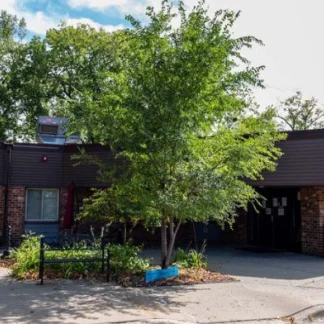Overcoming Addictions
Overcoming Addictions provides the best practices; evidence-based comprehensive ...
Wayside House is a private rehab located in Saint Louis Park, Minnesota. Wayside House specializes in the treatment of alcoholism, drug addiction, dual diagnosis, opioid addiction, and substance abuse.
Contact us for more information: (952) 926-5626

Connect with Wayside House by calling their admissions team directly.
(952) 926-5626 Website Get DirectionsGroup therapy is any therapeutic work that happens in a group (not one-on-one). There are a number of different group therapy modalities, including support groups, experiential therapy, psycho-education, and more. Group therapy involves treatment as well as processing interaction between group members.
Trauma therapy addresses traumatic incidents from a client's past that are likely affecting their present-day experience. Trauma is often one of the primary triggers and potential causes of addiction, and can stem from child sexual abuse, domestic violence, having a parent with a mental illness, losing one or both parents at a young age, teenage or adult sexual assault, or any number of other factors. The purpose of trauma therapy is to allow a patient to process trauma and move through and past it, with the help of trained and compassionate mental health professionals.
Trauma therapy addresses traumatic incidents from a client's past that are likely affecting their present-day experience. Trauma is often one of the primary triggers and potential causes of addiction, and can stem from child sexual abuse, domestic violence, having a parent with a mental illness, losing one or both parents at a young age, teenage or adult sexual assault, or any number of other factors. The purpose of trauma therapy is to allow a patient to process trauma and move through and past it, with the help of trained and compassionate mental health professionals.
Overcoming Addictions provides the best practices; evidence-based comprehensive ...
Headway Emotional Health Services – Nicollet Avenue South is a private rehab loc...
Al Anon is a private rehab located in Saint Louis Park, Minnesota. Al Anon speci...
Avivo is a non profit rehab located in Minneapolis, MN. Avivo have an outpatient...